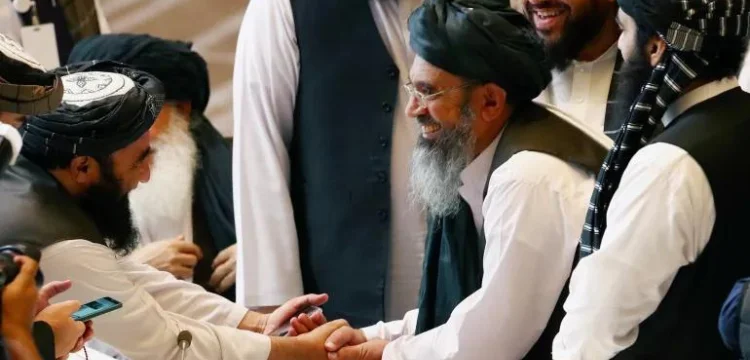The Human Rights Commission of Pakistan (HRCP) has issued a compelling plea to the United Nations Security Council and its member states, urging them to reconsider their engagement with the Taliban regime in Afghanistan. This appeal precedes the upcoming third UN-convened meeting of Special Envoys and Special Representatives on Afghanistan (Doha III) scheduled for June 30 in Doha, Qatar. In a letter addressed to the Security Council Secretariat Branch, HRCP co-chairperson Munizae Jahangir underscored the alarming escalation of human rights violations under Taliban rule in Afghanistan. Of particular concern are the severe abuses against women and religious minorities, including widespread gender apartheid and fundamental rights violations.
The HRCP stressed that any international engagement with the Taliban regime must be contingent upon their commitment to ending gender discrimination and upholding the fundamental human rights of all Afghan citizens. The commission’s concerns extend beyond Afghanistan’s borders, highlighting a disturbing rise in militancy and religious extremism in Pakistan’s Khyber Pakhtunkhwa region following the Taliban’s takeover of Kabul in August 2021.
According to the HRCP, the Tehreek-e-Taliban Pakistan (TTP), closely aligned with the Afghan Taliban, has capitalized on the situation, intensifying violence and extremism in Khyber Pakhtunkhwa. This resurgence has seen egregious violations against women, including attacks on schools, bans on women’s access to public spaces, and decrees preventing women from participating in elections. The HRCP’s letter also detailed specific incidents of violence, such as the tragic killing of a young girl in Mansehra by a local Jirga over alleged family dishonor, echoing broader concerns about justice and women’s rights in the region. The commission further noted a resurgence of violence in Swat, a region previously plagued by a deadly TTP insurgency from 2007 to 2009, highlighting recent attacks targeting women and girls, reminiscent of past atrocities.
Emphasizing the importance of supporting democratic elements in Afghanistan, the HRCP warned that an undemocratic regime could exacerbate instability in Pakistan and the broader region. The letter urged the international community to advocate for a stable, inclusive, and representative democracy in Afghanistan as a prerequisite for any engagement with the Taliban regime. In conclusion, the HRCP joined with other human rights organizations in calling upon the international community to hold the Afghan Taliban accountable for their actions and ensure the protection of fundamental rights for women and religious minorities.











